Tinubu’s reform agenda most credible, Atiku’s unrealistic, Obi lacks policy document — Okupe
Former Labour Party chieftain Doyin Okupe has hailed President Bola Tinubu’s reform agenda as the most credible among the plans presented by the leading candidates in the 2023 presidential election.
Okupe, who previously served as a spokesman for former President Goodluck Jonathan, expressed this view while assessing Tinubu’s governance approach. Despite not supporting Tinubu or belonging to the ruling All Progressives Congress (APC), Okupe described the “Renewed Hope Agenda” as a comprehensive plan addressing Nigeria’s pressing challenges.
“The Renewed Hope Agenda Tinubu introduced is one that can address, and is addressing, the country’s current challenges,” Okupe said, noting the president’s careful and methodical implementation of the plan.
Okupe compared Tinubu’s agenda to those of his main rivals in the election. While acknowledging Atiku Abubakar of the Peoples Democratic Party (PDP) as an “experienced, knowledgeable, and thorough-bred politician,” Okupe argued that Atiku’s policy proposals were impractical under current realities.
“Atiku came with a testament that would have been binding on him and Nigerians,” Okupe said. “But when you compare his plans with the realities on ground, they are not applicable.”
Okupe explained that Atiku’s proposals heavily relied on securing international loans to address economic challenges. However, by the end of President Muhammadu Buhari’s administration, Nigeria’s borrowing capacity was severely limited, with international financial institutions unwilling to lend.
He added, “If loans were an option, Buhari would not have resorted to printing money towards the end of his tenure. The foundation of Atiku’s plan was flawed and couldn’t work.”
Okupe also criticized Labour Party candidate Peter Obi, stating that Obi failed to present a policy document during the campaign.
“In the Labour Party, we didn’t have a document to adopt as a policy framework,” Okupe said. “The mantra of taking Nigeria from consumption to production was good rhetoric, but it lacked depth in terms of policy development and practical application.”
Okupe commended Tinubu for addressing critical economic issues, such as the removal of fuel subsidies, which he described as a necessary continuation of decisions made under Buhari’s administration. He also praised Tinubu’s efforts to reform Nigeria’s foreign exchange system, curb corruption at the Central Bank of Nigeria, implement student loan programmes, and introduce consumer protection schemes to support low-income earners.
“Tinubu systematically tackled issues that could have crippled the economy by paying off some debts and laying the groundwork for sustainable development,” Okupe said. “His agenda is systematic, reliable, and focused—one that can elevate Nigeria to enviable heights.”

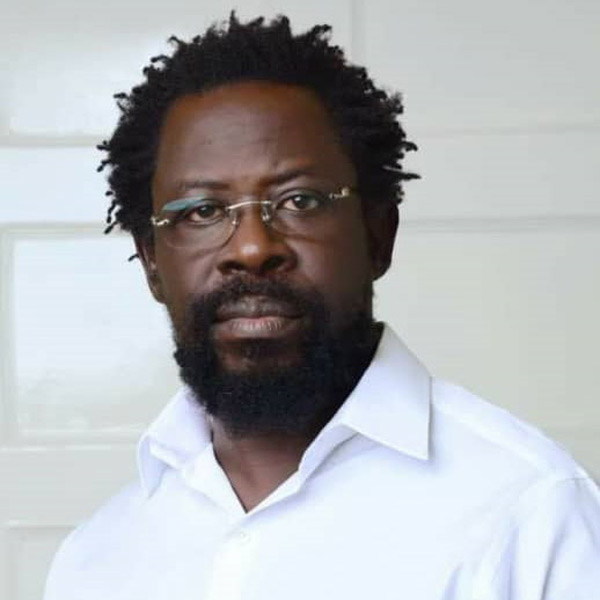


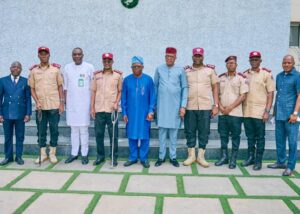




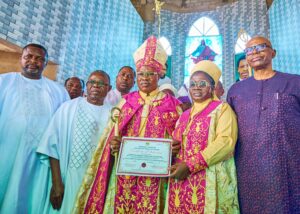

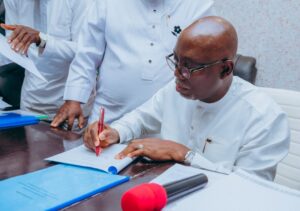

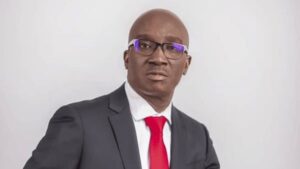
Post Comment